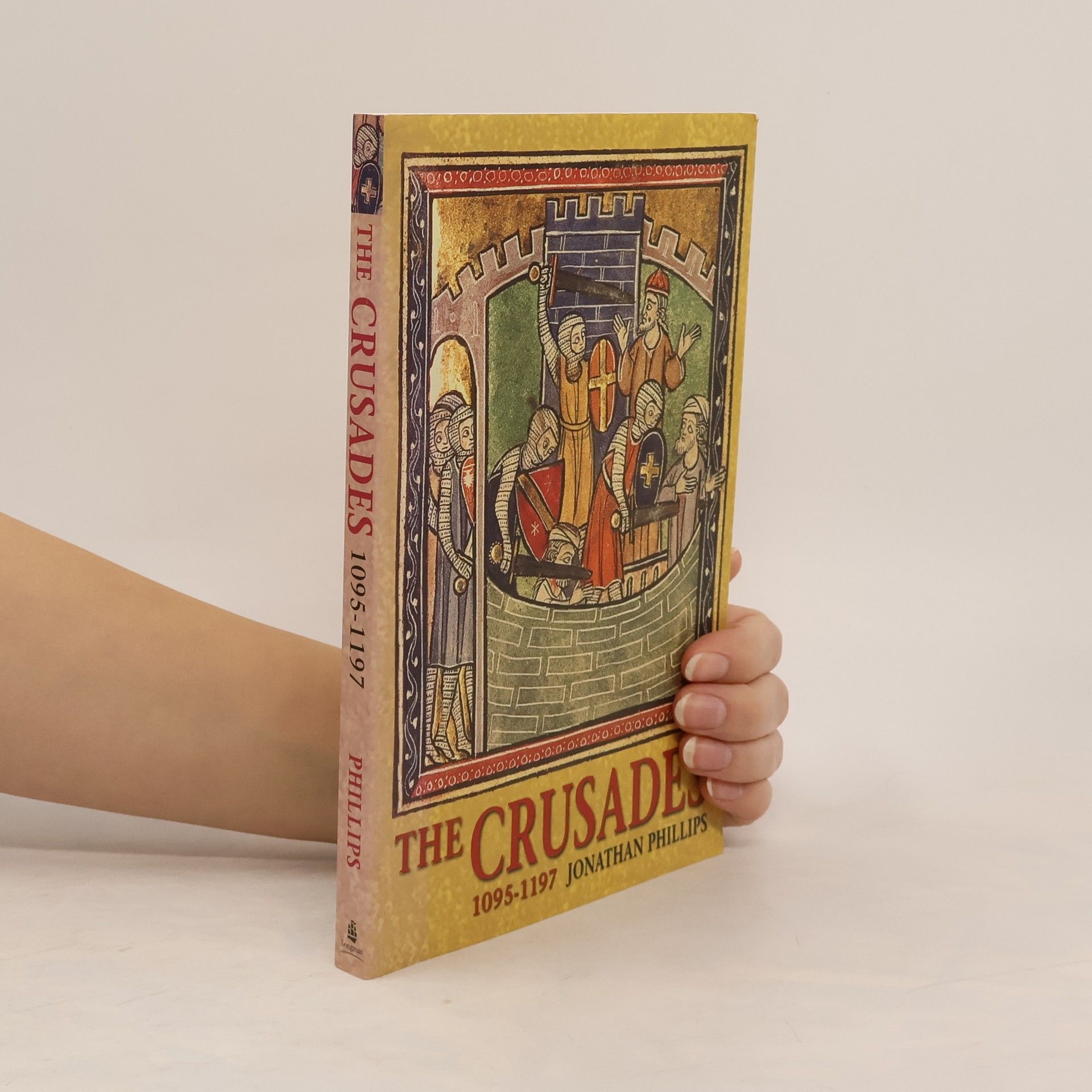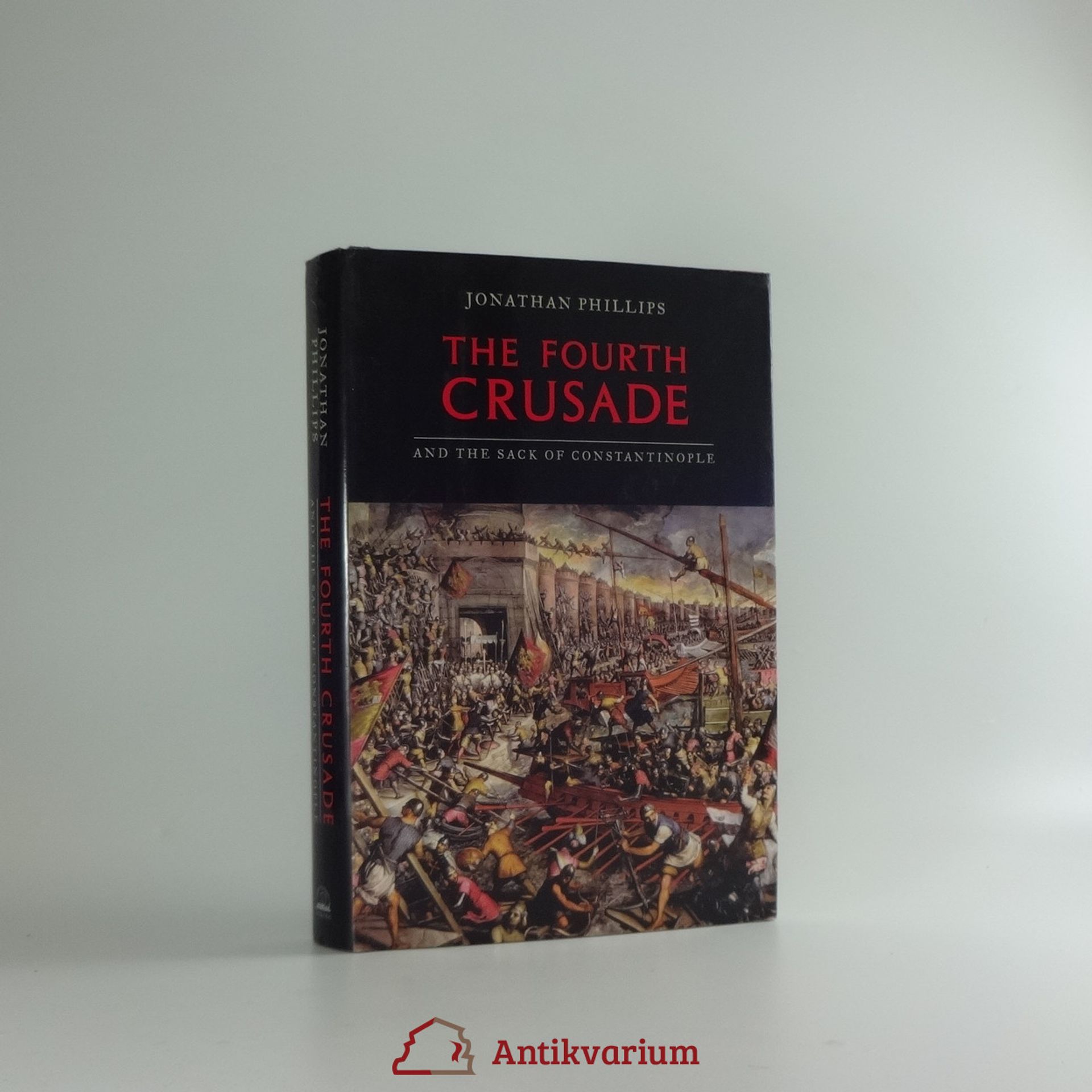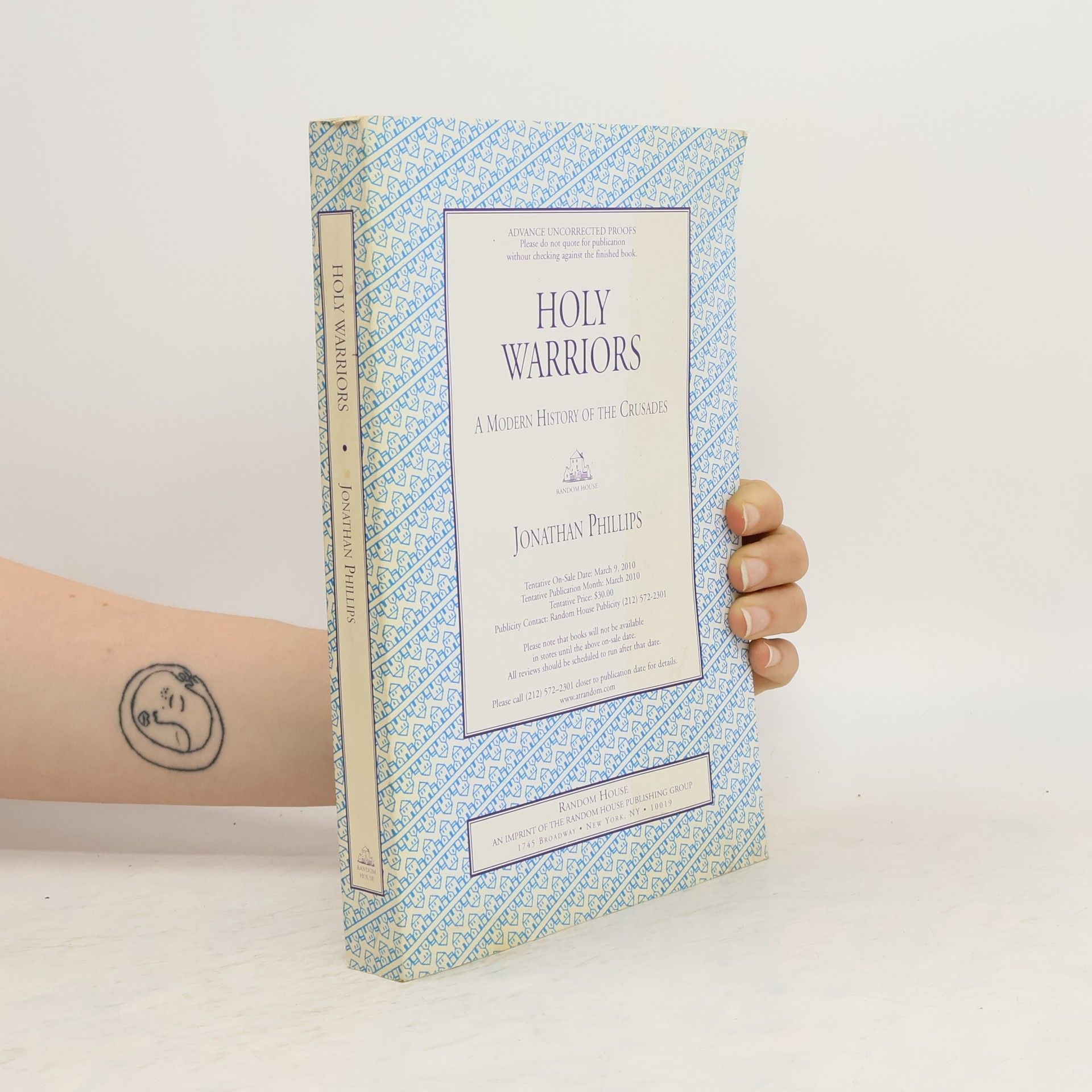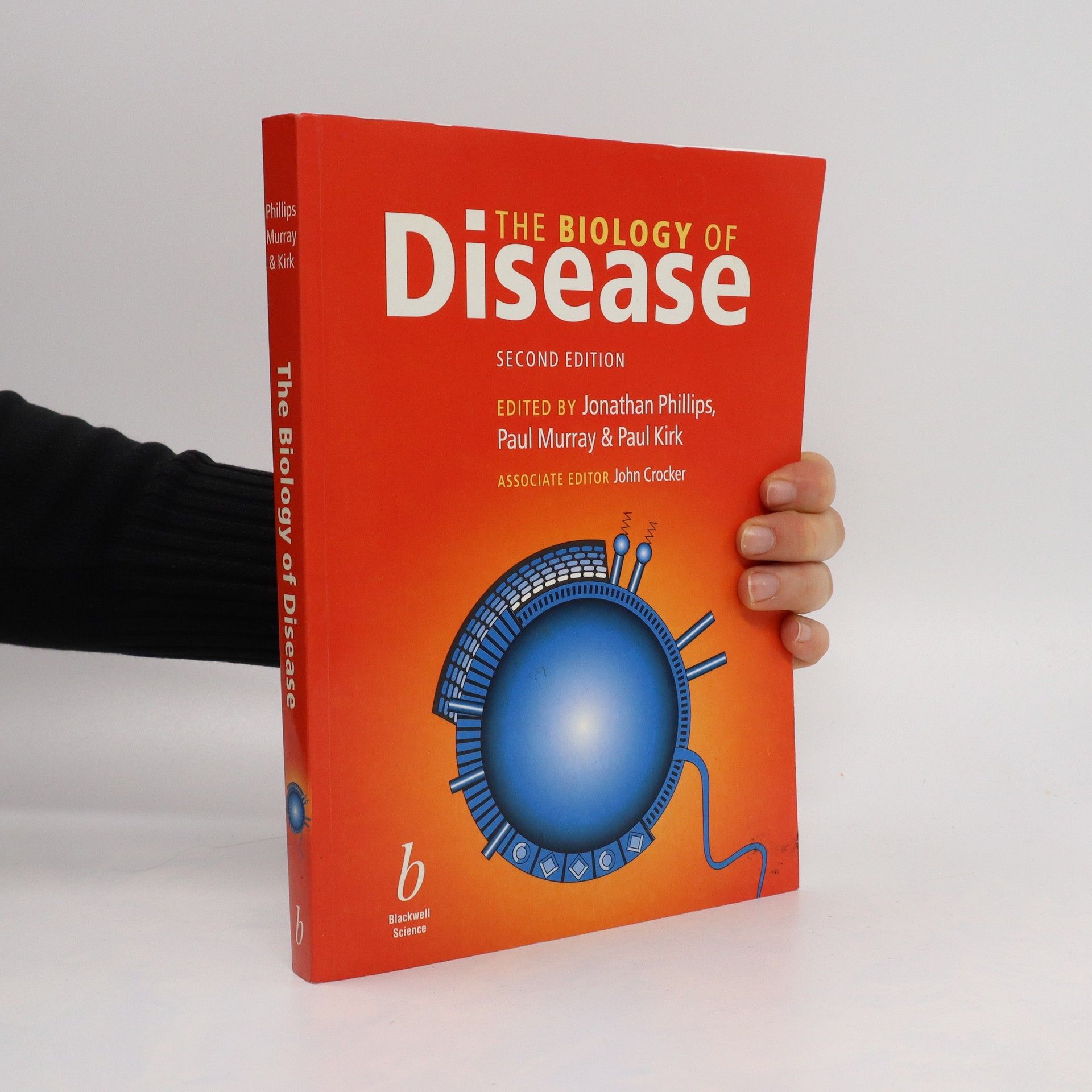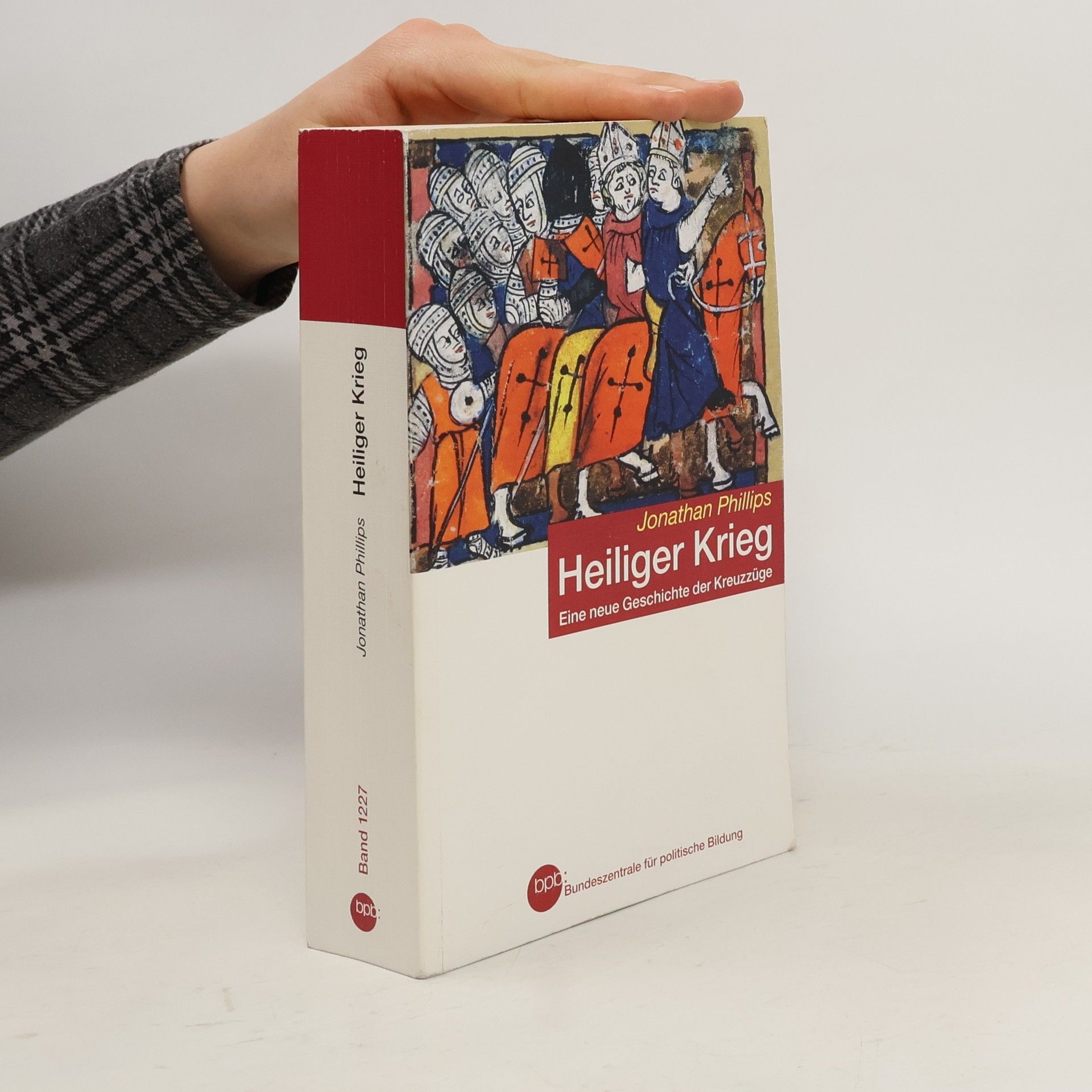The Biology of Disease
- 336pages
- 12 heures de lecture
The second edition of "The Biology of Disease" is an introductory level text on the biological principles of human disease. The book is aimed at medical students in degree courses in biomedical science. The book fuses the biological (physiological and biochemical) processes which underlie the clinical manifestations of disease. As such, it brings together material which is conventionally dealt with by several books. The authors have covered the fundamentals of each topic in a readable manner, which should encourage students to develop a fuller understanding, where necessary, by reference to more comprehensive texts. Integrates basic science and clinical medicine. Detailed case studies at the end of each chapter which emphasise the clinical setting. New chapters on transplantation immunology, anaemia, toxicology & poisoning. The use of non-technical language for the descriptions in the case studies to ensure that all students will comprehend the underlying principles.

